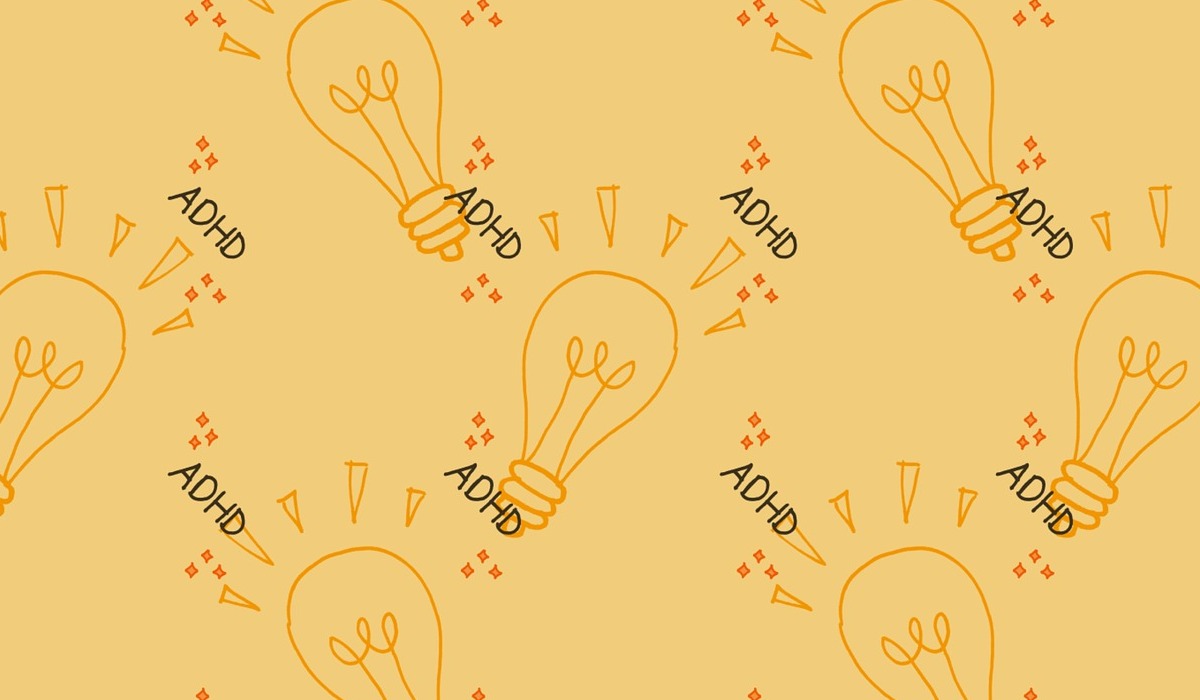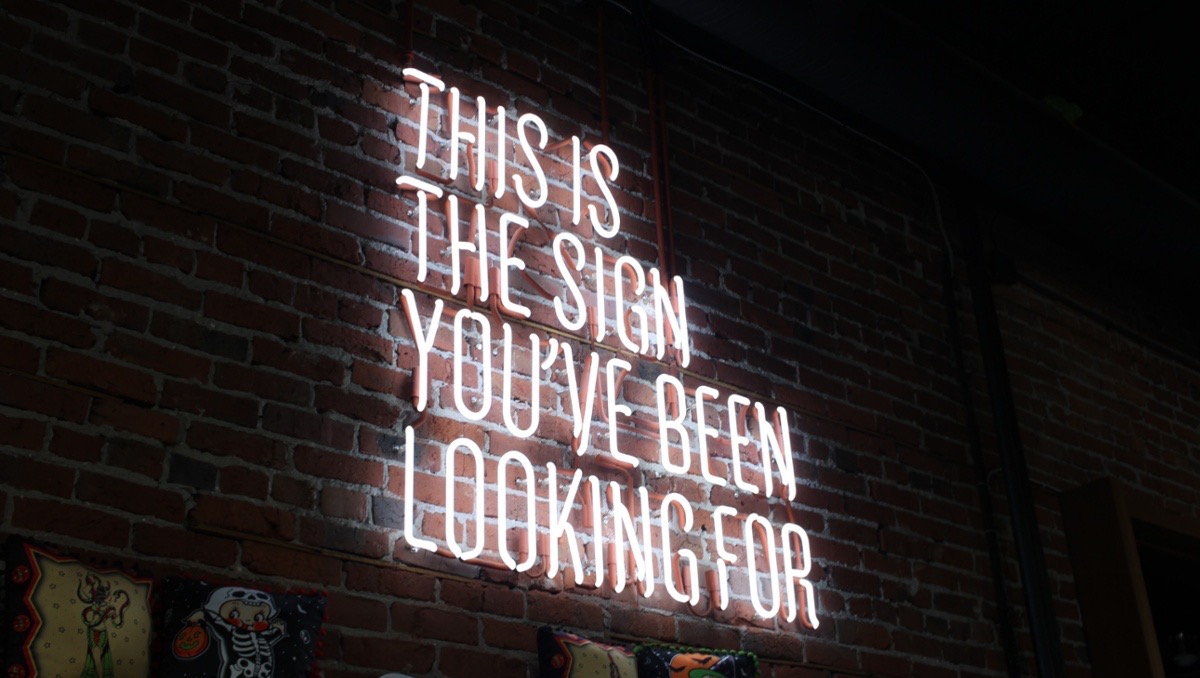The Ripple Effect: Failing Students with Disabilities
When I get on my soapbox to discuss 504 plans and Individualized Education Plans (IEPs) I am sure most people tune me out. Your child or student...

ADHD meaning is not a set of symptoms along a neurotypcial continuum. It is not willful disobedience. It does not mean lower functioning. The truth is that ADHD presents differently given gender, subtype, severity, and age.
Usually when I suggest that a person has the symptoms of ADHD I am told three common statements from neurotypical individuals.
(1) They perform well at school/work. I have never noticed them struggling with the work.
(2) They are just not focusing hard enough.
(3) They are a good person. It's just that bad attitude.
Medical News Today describes neurotypical individuals as "people who think and process information in ways that are typical within their culture. They tend to learn skills and reach developmental milestones around the same time as their peers." Whereas individuals with ADHD are considered neurodivergent. That is they "process information and behave in a way that differs from the actual or perceived norms of a particular culture. It is a way to discuss diagnoses in a way that does not frame it as a problem or an illness."
The three subtypes range from mild, moderate to severe. It is important that you know and understand how the severity of the subtype impacts you. Knowing this information helps you to better advocate for yourself and informs treatment when seeking professional help.
Researchers contribute the disproportionate rate at which boys are diagnosed in comparison to girls to differences in externalizing behaviors. Symptoms in boys may present as hyperactivity or struggles with adhering to rules leading caregivers and/or other professionals to notice symptoms. However, girls are more likely to develop skills to compensate (masking) and present with internalizing symptoms (anxiety, shyness). Girls are more likely to be misdiagnosed with other disorders and not properly diagnosed with ADHD until adulthood.
Identify the symptoms of ADHD that significantly impact day-to-day living to create a system that works for you. Writing lists in smart phones or in planners for grocery shopping, chores, and work related tasks. Set detailed alarms on your phone, app limits on your devices, and sleep timers on your tv. Cube organizers with clear cube organizer bins to improve organization and decrease the "out of sight out of mind" issues.
Other forms of support can come from family, social media pages/groups, local and national organizations. Family members may be able to identify symptoms that you have not noticed. Reputable social media groups and pages provide descriptions of symptoms and coping strategies. Local and national organizations can provide you with information about resources for support and laws for protection against discrimination.

When I get on my soapbox to discuss 504 plans and Individualized Education Plans (IEPs) I am sure most people tune me out. Your child or student...

As a mental health professional, having an unbiased perspective is paramount. However, sometimes we perpetuate biases and are ableist without even...

There is a curse that comes with being "gifted" or "smart." You don't get to be the person that "has a hard time." Experiences and struggles that are...